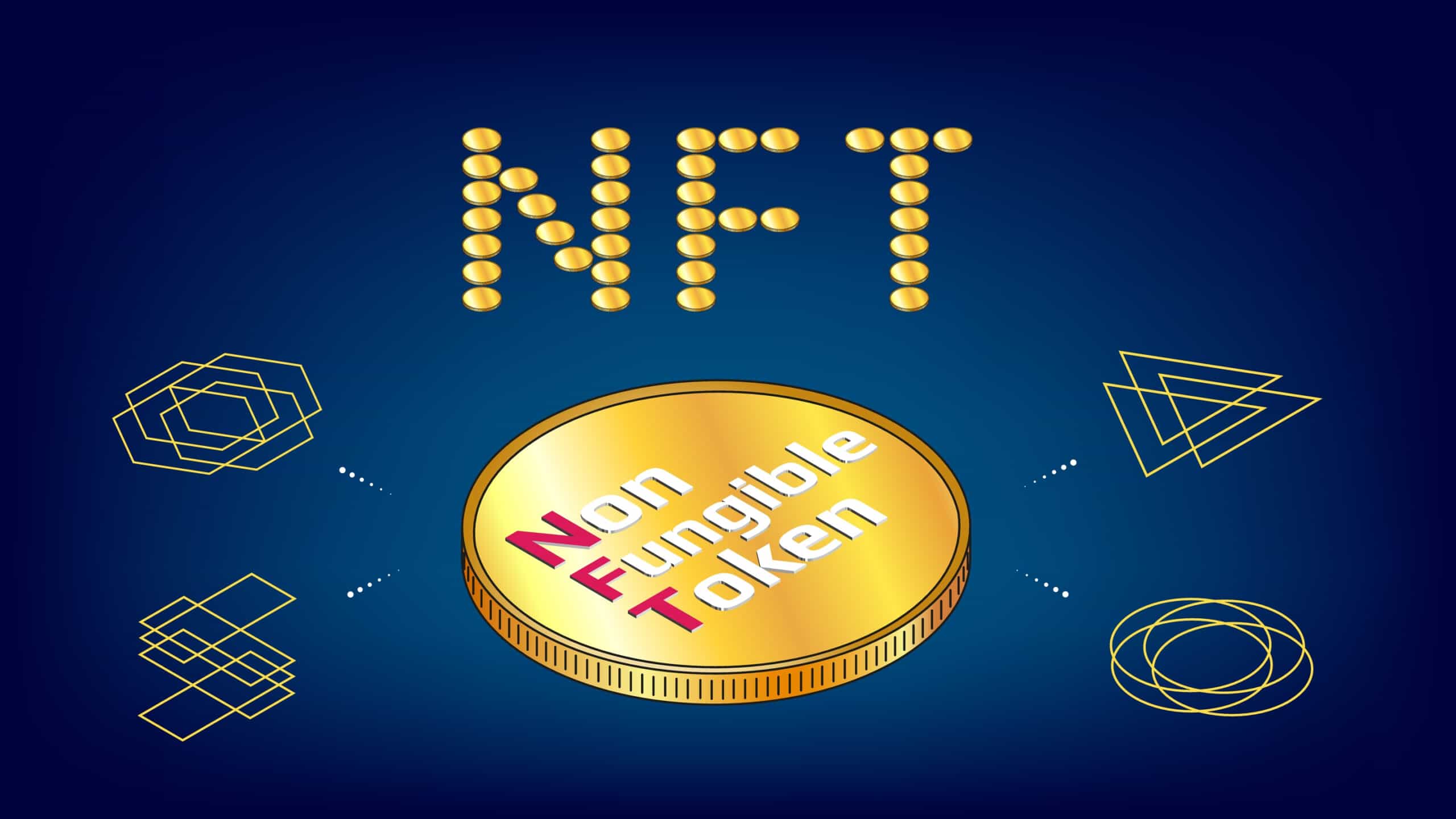

Physical assets, such as real estate, can optionally be stored on the blockchain with NFT. Markets can help create liquidity for NFTs like OpenSea. Infrastructure providers can use NFTs for licenses, domain names, or certificates. There are many emerging use cases for NFT:Īrtists move their creative resources to NFTs, which allows them to build a stronger community, collect royalties on secondary sales, and prevent piracy. These metadata capabilities provides NFTs the ability to verify college degrees to register properties and provide special access or privileges. Non-fungible ERC-721 tokens contain rich metadata that can be used to provide asset details or other authenticated info. Technically, ERC-20 fungible tokens contain a name, balance, chip pool, and symbol. These dynamics differ from fungible tokens such as Bitcoin in that they are not unique and interchangeable. For example, each NFT has unique properties through metadata that can be verified with ownership on the blockchain. Non-fungible tokens or NFT tokens are a special type of crypto tokens that represents a unique asset. Let's take a closer look at NFT (non-fungible tokens), how they differ from traditional tokens, and how they can be treated from a tax standpoint for both investors and creators. The emergence of non-fungible tokens, or NFTs, marks a step in this direction and opens the door to digitizing many different assets. Although cryptocurrencies have become synonymous with blockchain, the same technology can store all kinds of digital objects.

Unifirst Financial & Tax Consultants Non-Fungible Tokens (NFT) and Crypto Taxesīlockchains are great records of digital assets because they are secure and immutable.


 0 kommentar(er)
0 kommentar(er)
